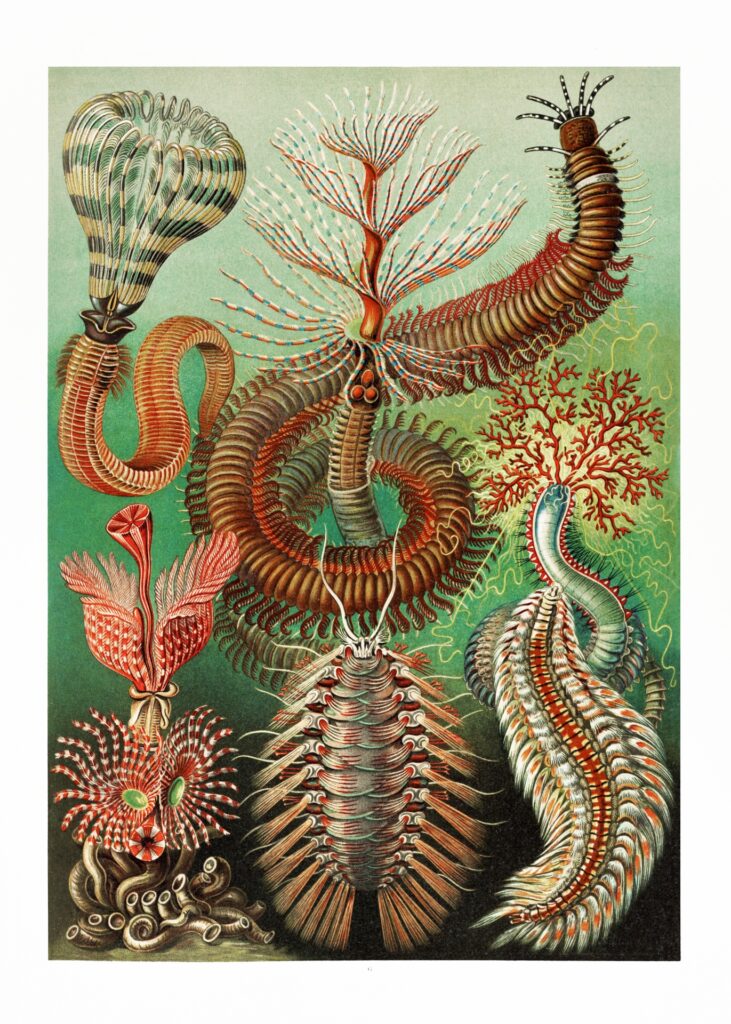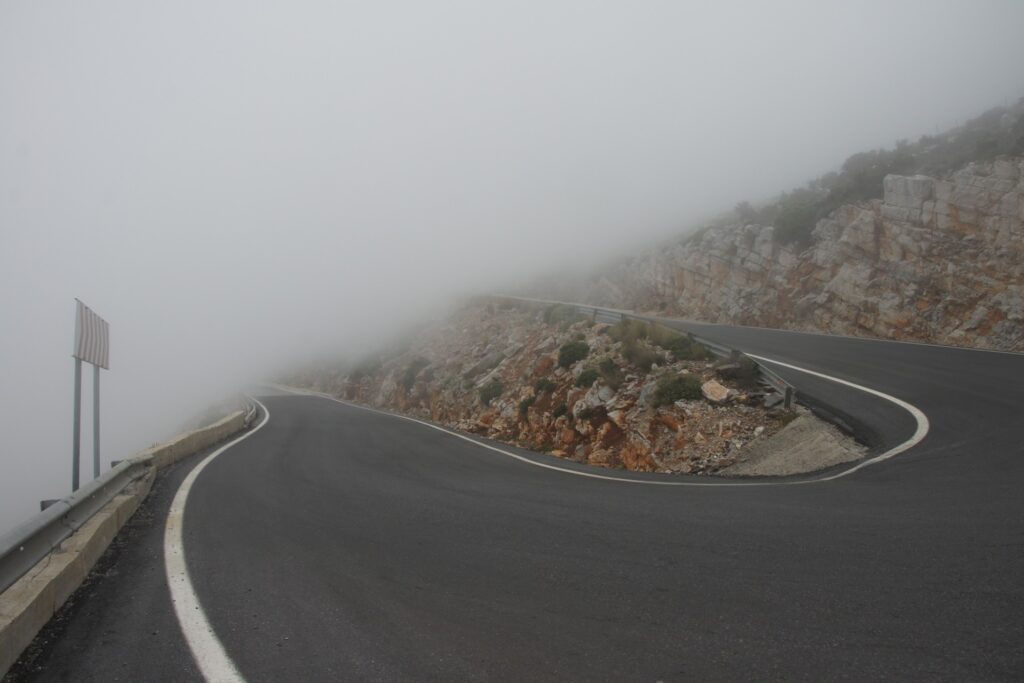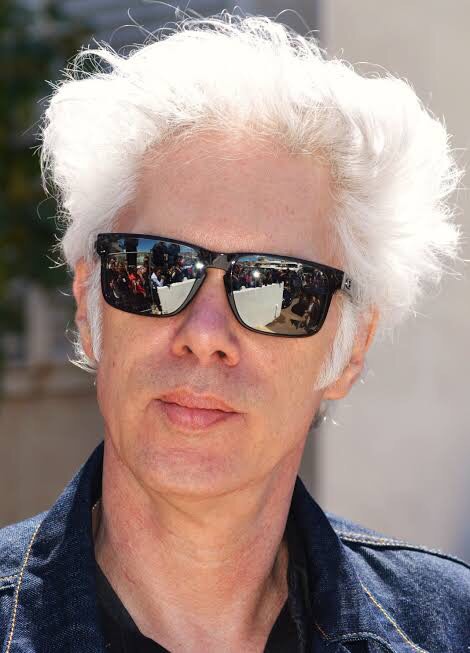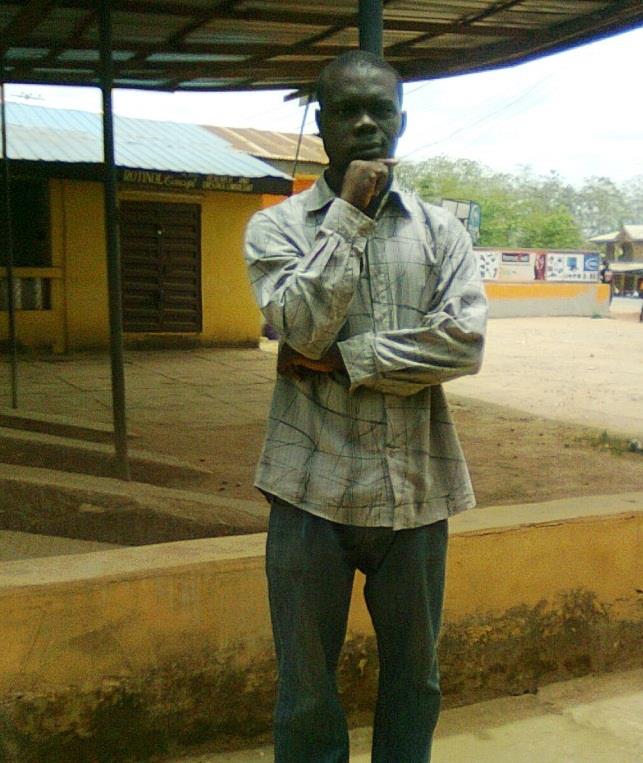
FYI: Synchronized Chaos Magazine will hold an in-person event the afternoon of New Year’s Eve in conjunction with the Third Space Gallery in Davis, CA. Exact address and time to be announced.
This event is a concert, art show, and literary reading with the theme of Metamorphosis. What has changed over the past few decades? What can we learn from people of different generations about how to hold onto wisdom from the past while transforming and adapting to a new, and hopefully better, world? So far participants include the Davis High School Activist Club, speakers from Bet Haverim’s Social Justice group, and musicians Joseph Menke, Avery Burke, and the Electric Turtlez.
This event will be a benefit for Sacramento Take Back the Night and the Revolutionary Association of Women in Afghanistan, (which you may support online here) both of which are grassroots and anti-imperialist organizations working for all people to be able to safely participate fully in the cultural lives of their communities. We encourage attendees to donate what they can to support either or both organizations and then come enjoy the show!
For updates and reminders, please sign up here on Facebook or Eventbrite.
Also, Abdullah Al-Mamun announces Bangladesh’s search for high school creative talent.
Welcome, readers, to mid-October’s issue of Synchronized Chaos. This time around we explore the power and pitfalls of contemplation and various ways of understanding our world.
Henry Bladon harnesses insomnia to pose meandering questions about our existence. Similarly, Celeste Alisse’s protagonist ponders life by literally staring at the wall.

Yahia Lababidi relates the psychological insights he gained through his desert journeys. Mesfakus Salahin writes of embracing the mystery and the wildness of nature. Christina Chin and Uchechukwu Onyedikam highlight our inescapable connection to the broader natural world through images of light, water, and death in their poetic collaboration.
Ubali Ibrahim Hashimu finds his romantic emotions reflected by the beauty of the moonlight. Mahbub writes of a dignified love with an elegant sunset for a backdrop.
R.W. Stephens‘ photography dwarfs human subjects beneath trees and sky. On a more human scale, Kathleen Denizard celebrates the solace she finds in gardening and Channie Greenberg presents lush images of fruits on her kitchen.
Tanvir Islam presents a paean to birds, while the hero of Syed Tabin Ahbab’s science fiction tale harnesses trees to produce oxygen, the bane of robots gone wrong.

Gaurav Ojha opines that the best way to understand ourselves is through mindfully understanding our relationships rather than withdrawing from them, by isolating ourselves in the wilderness or anywhere else. Z.I. Mahmud probes a humanist way of connecting with the natural world along with our own society in his academic piece on Rachel Carson and David Attenborough.
Fernando Sorrentino’s short story takes a humane perspective as well. He humorously dramatizes the effects of rapid privatization of social services, in this case, criminal justice and mental health care, on a honeymooning couple.
Jack Galmitz observes the details of his kitchen as he cooks a fish stew. Maid Corbic presents a thoughtful paean to Prague and to Austria’s cultural heritage. Chimezie Ihekuna continues his countdown to Christmas with two pieces in which lovers and families eagerly await the holiday.
Oona Haskovec wonders about memory through an imagined photo. What might we be doing now, or soon, that will become important in the future? Sherzod Komil Khalil reminds modern city dwellers how foreign their lives and vocabulary would seem to outsiders in his short story.
David Topper honors his artist father’s memory by making observations about his life from his last painting. Christopher Bernard contributes a more ambiguous tribute to both Queen Elizabeth and to the earth in the time of climate change.

Ridwanullah Solahudeen acknowledges that the gifts of nature and the divine come and go, in our unpredictable world. Md. Tanvir Hossain reminds us that even our own actions are to some extent out of our control, while Faroq Faisal writes of human frailty and mortality.
Chloe Schoenfeld illustrates the senselessness of real-life violence through the metaphor of mangled dramatic productions.
In her other two poetic collaborations, with James Young and Kimberly Kuchar, Christina Chin draws upon fall, death, and Halloween imagery, again reminding us of our inevitable journeys to the grave.
Babatimehin Asiwaju’s poem relates the psychological distress of a lonely man who has barely survived great trauma. Mobarak Saed’s piece is of a trapped soul’s quest for escape.
James Whitehead’s intellectual poems probe mortality, innocence, and the development of a person’s character.
J.J. Campbell returns with a mixture of psychological determination and resignation, while Adepoju Timileyin writes of prophecy and destiny, concepts which may sound exciting, but also convey a lack of control and choice over one’s own life.

Sayani Mukherjee’s piece regales us with its bold life force, triumphant over misunderstanding and ignorance. J.D. DeHart’s speakers declare their own intellectual identity in the face of the obvious and subtle dangers of everyday life, including the pressure to conform. J.K. Durick also writes of social contracts and conformity, of self-expression through traditional and sanctioned channels.
Md. Nurujjamman’s detective tale shows a crime solved by one brave, conscientious and observant person. Richard LeDue shares his personal dreams of transformation, of building a better world.
John Culp sends up Dickinsonian odes to laying fear to rest, while Patricia Walsh urges us not to overlook the power misfits and introverts have, whether for good or ill.
Sayani Mukherjee, in a second piece, takes solace in her poetry and in the passage of time.
Aisha MLabo shares her artistic inspiration and aspirations, while Jaylan Salah celebrates the eccentric genius of loner and film director Jim Jarmusch.

Jim Meirose’s writing takes an unusual approach, with a surrealist reflection on the pope fish, while Peter Cherches renders up writing prompts as “not quite stories.”
Alan Catlin gives poems of discovery: found poems from book titles and postcards. But also pieces of minimalism and loss, of the power and cruelty of cultural and aesthetic erasure.
Robert Fleming creates “mathematical” renditions of human relationships and Queen music, while Kenny Johannson presents a stained and typed manifesto as a work of art.
We hope the diverse artworks in this issue will inspire you to contemplate and create as well.






